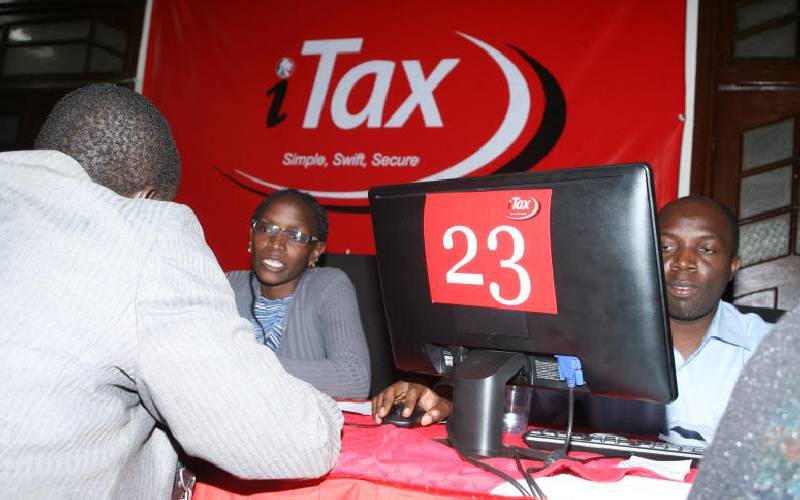×
The Standard e-Paper
Fearless, Trusted News

Questions have now emerged over Kenya Revenue Authority (KRA) decision to conduct a data clean-up exercise that will require all registered taxpayers to verify and update their personal information.
In the clean exercise of the taxpayers' Personal Identification Number (PIN) registration details, KRA wants taxpayers to input their mobile phone numbers, which the taxman will then use to send them a one-time password (OTP) that can then be used to access the iTax system.